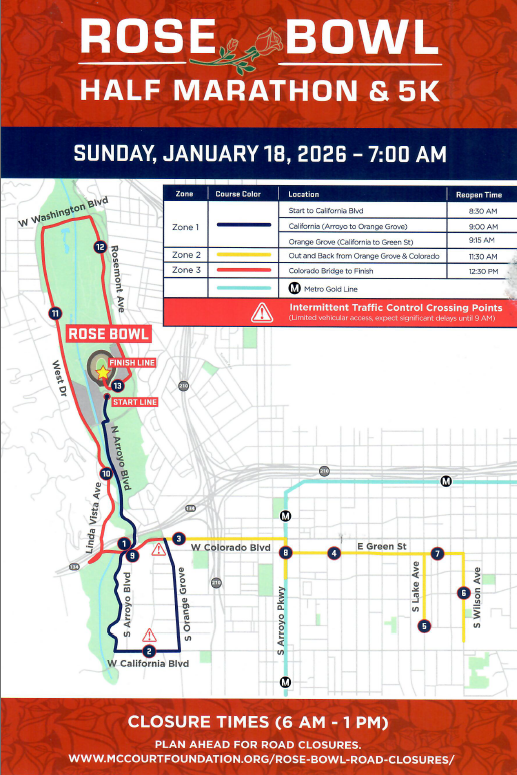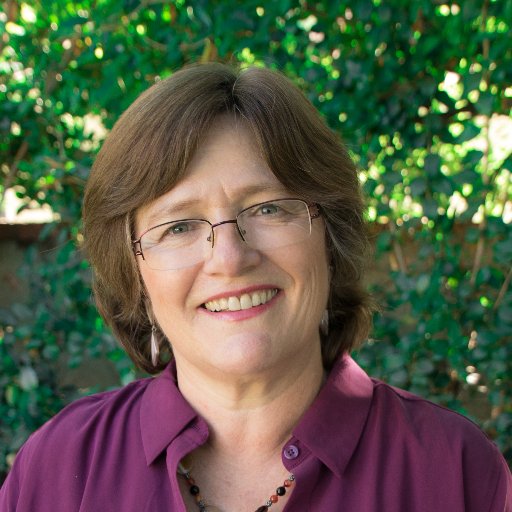“To follow me, Jesus says, you will be called to leave your comfort zone guaranteed, and although God will sustain you and carry you in love, you heart will sometimes break. It will break at the news of our border, and the immigrant children and parents torn from each other. It may break learning this week of the 51st homeless person to die on the sidewalks of Los Angeles this year. You may suffer sometimes for what you do to make it different, and you will suffer for what you cannot change. That’s the cost of having a heart aligned with God’s heart.”
Sermon by Sally Howard at All Saints Church, Pasadena, on Sunday, September 8, 2019.
Follow All Saints Church on Twitter @ASCpas. Like us on Facebook at https://www.facebook.com/AllSaintsPasadena/.
Donate to support the mission and ministries of All Saints at https://allsaints-pas.org/donate/donate-now/.
++++++++++
In the words of Kahlil Gibran:
Your children are not your children.
They are the sons and daughters of Life’s longing for itself.
They come through you but not from you,
And though they are with you, yet they belong not to you.
For their souls dwell in the house of tomorrow,
which you cannot visit, not even in your dreams.
Two weeks ago, my husband Peter and I took our daughter, the baby of our family, to begin her first year of college, nearly 1000 miles from home, from us. Throughout the orientation meetings for parents, we were told we would be expected to say goodbye and leave campus by 6:30 on the evening of the final day. With humor, they helped us relinquish not the tie, but the kind of tie that can bind children from becoming their full selves. I was reminded that no child is born for our parental purposes, but for their own unique and sacred path in life, which of course, diverges from their parents’ paths.
It was one of those bittersweet times in life filled with a tumble of powerful feelings—many of which I’m still feeling today. Happy, proud, grateful, excited, anxious…and sad. Her time in our daily lives has passed and we miss her! When I’m at the store, I have to remember not to buy almond milk. I find myself listening for her laugh. I even miss her eyes that sometimes gave a roll. I remind myself of something my sister Margaret said to me long ago, when I asked for her parenting advice. Margaret said, “Prepare for a part of your heart to live outside of your body for the rest of your life.” She was absolutely right. In her own wry way, my sister was preparing me for this college drop off. She was helping me count the cost of an attachment that goes to some of the deepest places within you, giving you meaning and joy. It is also a love that guarantees loss and paths that will diverge. As a parent, your life is intimately tied to the life of another person that you can influence, but can’t, and shouldn’t try to control.
As I read the texts for today, I thought of how much my sister’s words apply to all of us who are parents, grandparents, aunts and uncles, and all the other important people in the lives of children. In them we can find strength, wisdom, and comfort as our hearts are poured out into the world.
Ps. 139 expresses a soaring awareness of God’s open-hearted love for us. (God is willing to risk all that we as lovers risk.) The psalmist sings with deep joy and amazement that God knows him better than he knows himself. God knows his strengths and weakness, his failures and successes, and God loves him beyond all measure. There is nothing he can do or not do, no place he can find himself in, that God’s loving presence is not already there—even in death. “I awake,” the psalmist says, “and I am still with you.” This is unconditional secure attachment. It is what each of us needs throughout life to thrive and become our truest self.
Indeed, basking in God’s deep bonding love, the psalmist has a heightened awareness of his own uniqueness and intrinsic value. He declares that he is “fearfully and wonderfully made”. This is what happens with all human beings when they are known and loved securely. They thrive. Studies show that secure children are open-hearted, empathic and caring towards others, without controlling or allowing themselves to be controlled.
We hear in the psalm that God is not a powerful narcissist who demands our admiration and compliance to shore up God’s ego. God glories in the thriving of God’s children. God cherishes the utterly unique being that each human is. Each of our lives is sacred and precious to God for its own sake. God is the best parent we could ever have, and we are God’s pride and joy, the very glory of God.
How do we reconcile this with the gospel reading for today? These words of Jesus can be easily misconstrued to the terrible trauma and detriment of many, including the children of missionaries, ministers. In the church in which I grew up, they filled me with guilt and dread. I didn’t want to carry death on my shoulder and I didn’t want to turn my back on people I loved. How confusing and frightening! Can we make sense of the cherishing love of God, with a gospel message that tells us that we must be willing to turn our backs on those we love most, even our very selves, in order to follow God? How do we understand in our own lives, Jesus’ injunction to count the costs and take up our crosses to be a follower of love?
A key to answering these questions is to use our knowledge of Jesus’ life, and our empathic understanding of Jesus as human being fully alive. A Jewish mystic, he lived in awareness of God’s fierce bonding love for him. He experienced God as a parent of perfect love, who knew him intimately, loving him in a way he could never lose. Jesus knew that creation itself is outpouring love, God’s own heart poured out to create a world of change and emergence. Like a woman in labor, God bears the pain of birthing us into being. Like a parent, god is willing to pour God’s heart into children who will be influenced but never controlled. God’s Spirit is drawing us to become the family that loves each other, using our power for the healing and empowerment of each other, as God does.
Jesus deepest and truest identity was being the beloved child of God. That didn’t eliminate the other identities he carried as a son or brother or friend. But it did exceed family, cultural and even religious identities. In the light of God’s love, Jesus saw the belovedness of everyone else too, each a child of God, an identity that exceeded any other ways of being identified.
Jesus knew that to be a loved and uniquely created child of God was to be called to pour himself into the world. To do what he in his truest self could uniquely do. And that is true for all of us. In one of our Eucharistic prayers, we say, “In his life, Jesus showed us what we might become.” We are not interchangeable. No one else can do what we are uniquely called to do and be day by day.
With radical trust in God’s love, Jesus was able to step outside of his family, cultural, and religious norms, and come close to touch and heal those others considered unclean. He ate meals with all the wrong people and included women in his leadership. He insulted his respectable dinner hosts for their exclusive and false ways. Jesus started a freedom movement with the poor fishermen who were being taxed out of survival by ‘the sell out to empire powers’, Herod Antipas. Jesus was slandered, threatened with excommunication and death, and escorted to a cliff by his homeboys.
Imagine how challenging this must have been for his family, especially for his beloved mother Mary. Not exactly the vision they had for their first-born son or oldest brother. This was not the stuff families like to brag about. It posed loss of social stature and the disgrace of betrayal, especially in their culture where every member was expected to protect the family honor. In this close community, Jesus’ choices could have affected his family financially and ostracized them. We know he honored his parents. We know he cared deeply for Mary’s well-being, even while dying on the cross. What was painful and costly for his family must have also been very painful and emotionally costly for Jesus. Jesus was determined to journey to Jerusalem but must have been sad for himself and his family.
So when Jesus turns to his large enthusiastic and hopeful crowd, he responds with truth in advertising. If you desire to follow the Spirit of God within you, be prepared! There are costs. People may slander and threaten you, or call you crazy or foolish. Those whose identity is based in power over others; whose security is clinging to resources, will not be very happy with you. The cost may be paid closer to home. It may confuse or frighten your family. You may be led in directions that they don’t understand, causing them discomfort or embarrassment. They might even experience you as turning your back on your identity with them- as their son or daughter or husband or wife—the person they thought you were and might prefer you to be.
To follow me, Jesus says, you will be called to leave your comfort zone guaranteed, and although God will sustain you and carry you in love, you heart will sometimes break. It will break at the news of our border, and the immigrant children and parents torn from each other. It may break learning this week of the 51st homeless person to die on the sidewalks of Los Angeles this year. You may suffer sometimes for what you do to make it different, and you will suffer for what you cannot change. That’s the cost of having a heart aligned with God’s heart. That’s how each one of us, picks up our cross.
To be our true selves we must pour our hearts into the world, risking all that entails. This is the kindom way, the pearl of great value, the path of joy and the deepest meaning and purpose of life. Yet, Jesus told us, as my sister told me even before my daughter was born–it’s important to be prepared for the costs.
Today is registration day for our CYF program year. Parents here today are deep into the task of pouring their hearts and energies into the sacred beings entrusted to their care and love. Know that God understands the sheer audacity of allowing a part of you heart to live outside of your body for the rest of your life.
In the words of Kahlil Gibran:
You are the bows from which your children as living arrows are sent forth.
The Archer sees the mark upon the path of the infinite,
and God bends you with Her might that Her arrows may go swift and far.
Let your bending in the archer’s hand be for gladness;
For even as She loves the arrow that flies,
so She loves also the bow that is stable.
God will bless you on this journey from backpacks to dorm rooms. May God give you wisdom and cover you and your children with grace upon grace upon grace.
And may you know the urgency with which God longs for you
that you may pour back that longing into the world.



